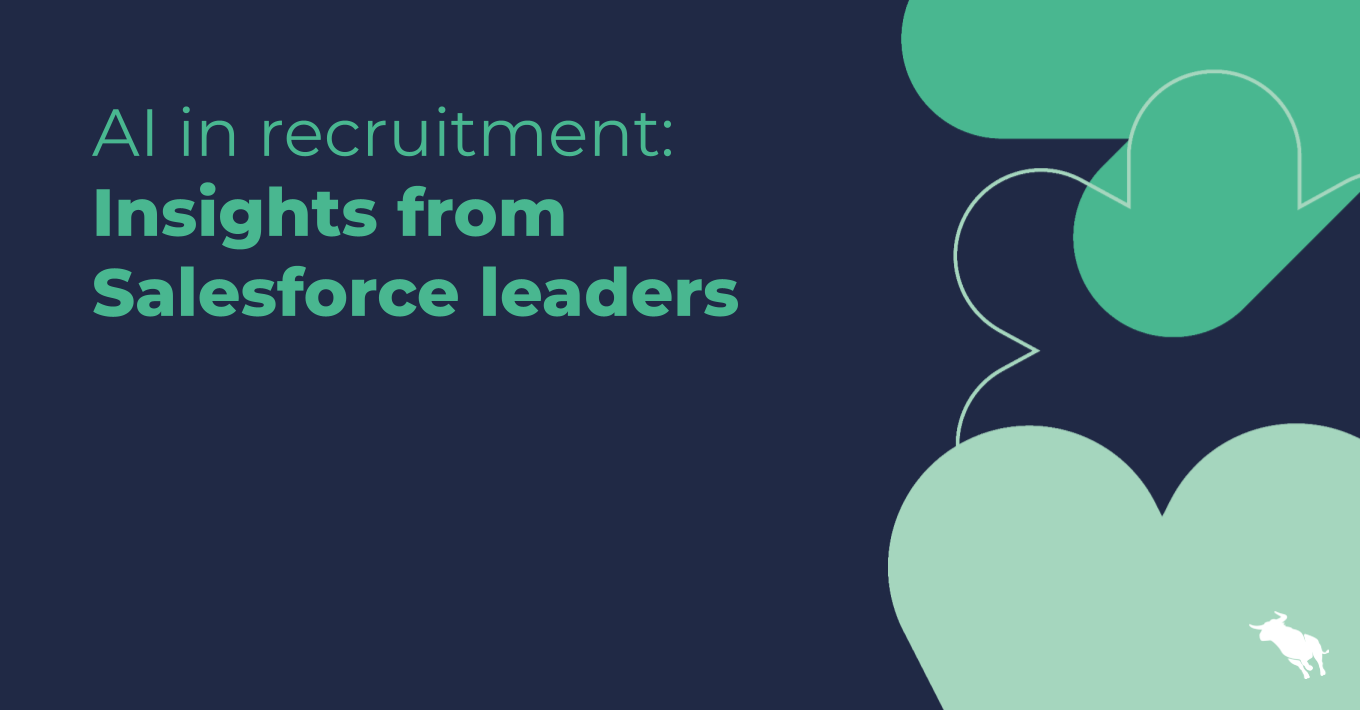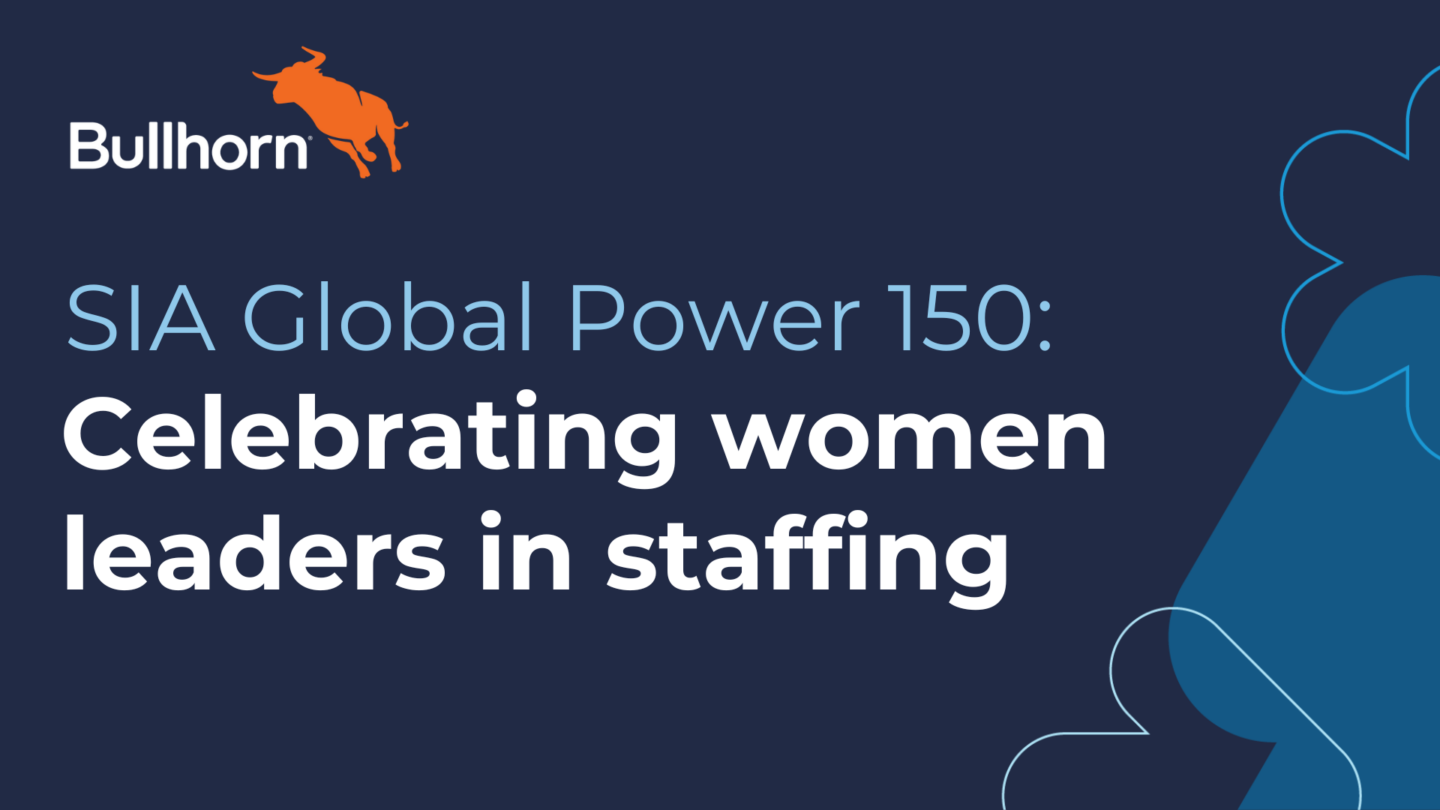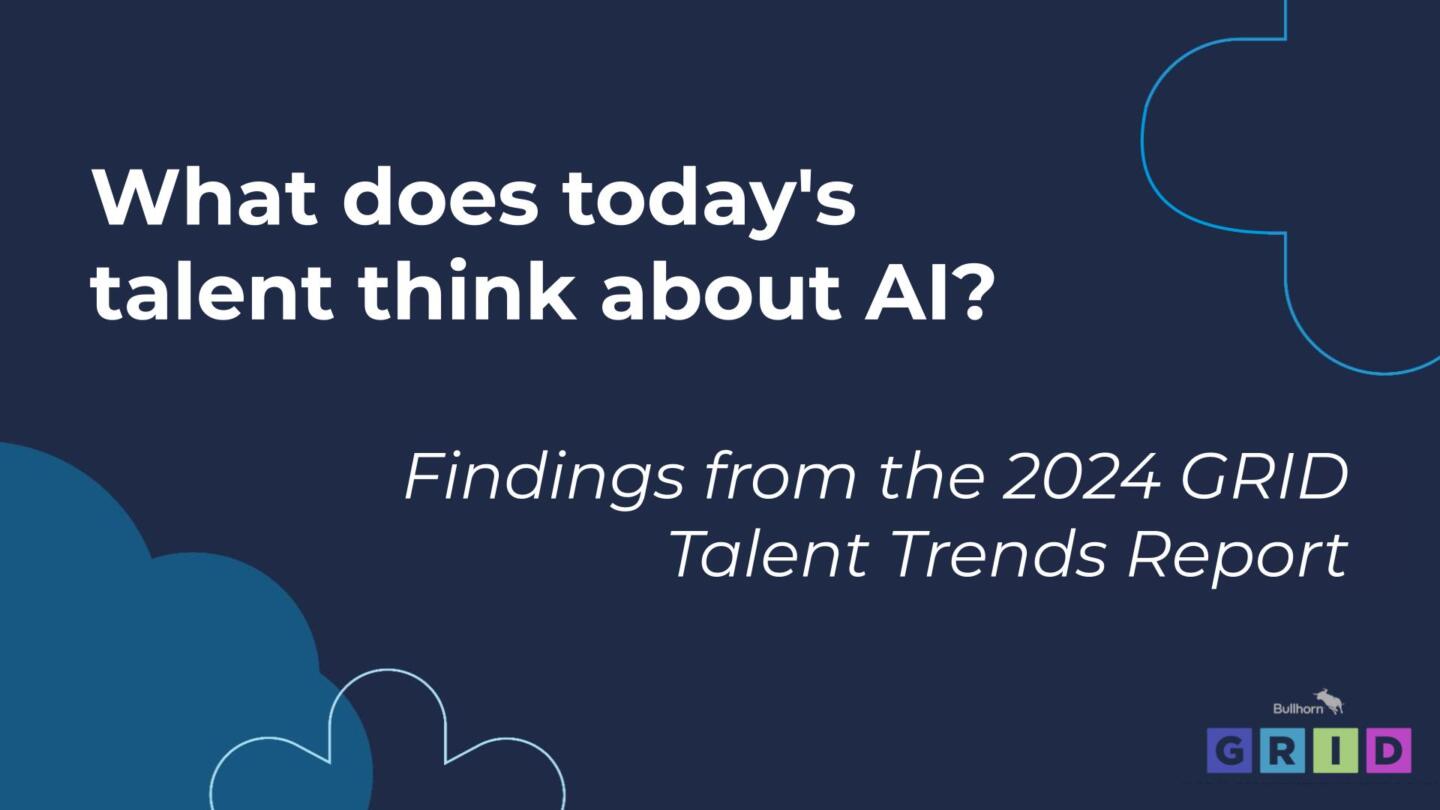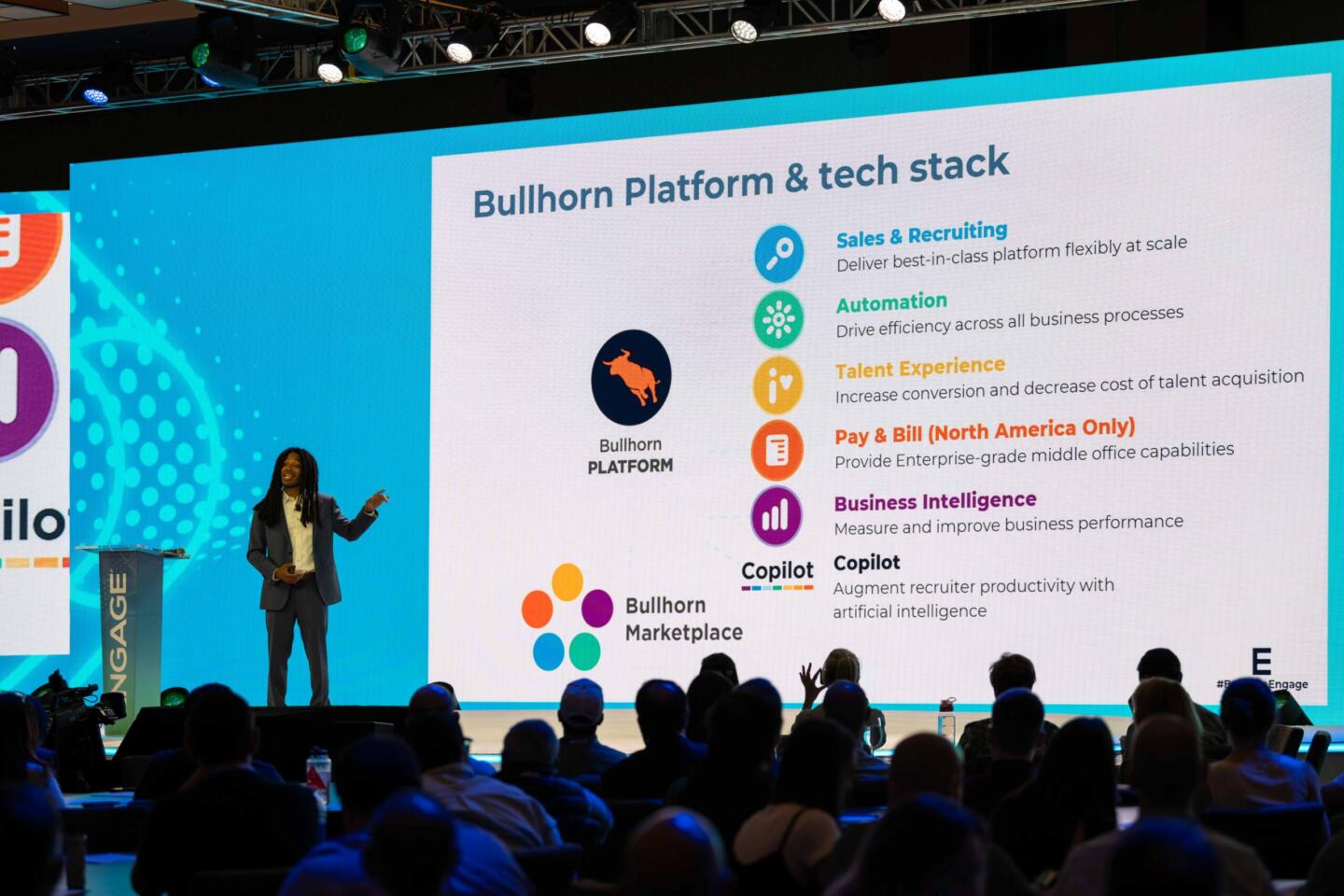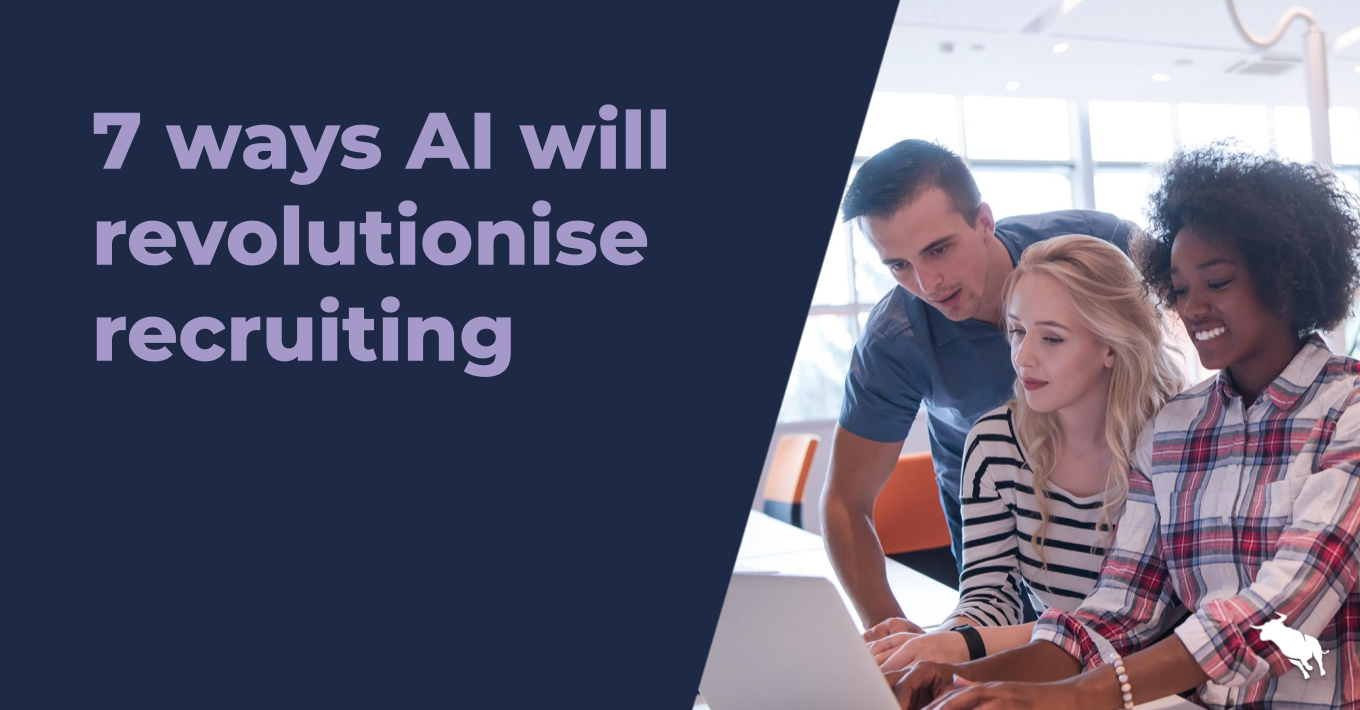Navigating Future COVID-19 Waves

Just when I thought we could see the light at the end of the tunnel, the announcement was made that Melbourne was heading back into lock down. As an ex-Sydneysider currently residing in Melbourne the concept of another lock down was at first a little hard to grapple.
Throughout the COVID isolation period, Bullhorn has been hosting Virtual Round Table discussions to offer a platform for agency leaders to discuss how they are progressing throughout this period of uncertainty and supporting one another with sharing ideas and initiatives. It’s positive to hear from these discussions that many agencies are seeing a serious up-tick in roles being recruited in many industries across the country. A great win for our industry, candidates on the job market and the Australian economy! It has become apparent however, that consultants are feeling anxious about the journey ahead of them as we navigate the prospect of another wave of restrictions. In this week’s session we explored the emotional rollercoaster consultants are experiencing, how leaders can support their teams and what we can do to navigate further potential waves.
A sense of anxiety
After working from home now for four months, some states have either already gone back into the office or are slowly making the transition to return to an office setting. In a time where we are seeing weekly increases in job vacancies and more opportunities for recruiters, it raises the question, ‘why are people feeling anxious?’ What many of the industry leaders are beginning to see, is that although the market is picking up again many consultants are appearing to be burnt out or somewhat nervous about the idea of a second wave.
Building resilience; has been a hot topic throughout COVID-19’s ongoing pandemic and something we have all been striving to achieve throughout this period. One of our agency leaders explained that resilience has dropped in the past few weeks and people are tired. Since Victoria’s spike consultants are beginning to question, will this happen everywhere? Will we go back into lock down? There are lots of complexities around how to move through these different scenarios.
Salespeople often thrive on sharing their successes with those around them. “It’s challenging”, explained Kelly Van Nelson from Adecco. She continues, “salespeople are used to ringing the bell or making a shout out when having successes and not being able to do that rubs off on people. It’s definitely harder to keep this going virtually. We were feeling extremely optimistic about the second half of the year, however are viewing things more cautiously now due to the Melbourne lock down”.
Implementing ways to deal with increased anxiety?
So what can agency leaders do to ease the anxiety of their staff and continue to be successful during this time?
Tania Sinibaldi from Brunel highlighted the importance of encouraging people to take a break. Encouraging staff to take some annual leave, even if it’s not to go away on a trip physically, but to just recharge mentally and have time away from work. Sinead Hourigan from Robert Walters suggested, “encouraging people to be relaxed about the way they work”. People can only do what they can and they need to “give themselves a chance to recover”.
Several agency leaders suggested either offering training programs or encouraging staff to take on their own additional learning. John Wilson from Bayside talked about the fact that over the past six months their staff have undertaken, “many modules of training and have had staff members enrol in post graduate courses”. This has helped offer a sense of achievement for staff as they are using this time to upskill. Sinead mirrored this sentiment as she explained some of her staff, “are using this time to enrol in university and have been encouraging consultants to engage in additional training opportunities”. Not only are some of these agencies offering training to their staff however, companies like Adecco and Bayside have been offering upskilling programs to candidates to help them continue their learning and development whilst currently unemployed.
Setting expectations with staff is also another important way to manage anxiety. John shared with the group that Bayside have set the expectation they would continue to work from home and stay away from the risk for as long as risk is present. “We got people’s mindsets accustomed to this, we won’t be going into the office until we can get them to and from work safely. So there has been no expectation we will be returning to work next week”. For them, this has removed the uncertainty of what is happening from a remote working perspective. Further to this they have also worked with consultants to make sure they have productive work from home environments, “We spoke to people about their home setups. We have allowed people to take chairs, computers and desks out of the office so they had the best possible working environment”.
Navigating further waves
So how do we navigate future waves or lockdowns if we are presented with them? It’s fair to say the group agreed that communication and involving consultants in decision making needs to play a large role in navigating future waves.
Tania explained to the group that her office was impressed with how the business managed lockdown the first time, so feels the consultants have faith they would manage it well again. However she feels like this time it would be slightly different. “When we went into the initial lockdown there was a degree of excitement, implementing new communication technologies and full time remote working was so new and different”. If it was to happen again Tania says she plans to involve her staff and “run some workshops with the team, start with a list of ideas of what we can do” to keep them involved in the plans. John at Bayside agreed on the importance of communication with his staff and their candidates, “We had an open discussion across the business and we decided we just have to get through this. We talk as a team, with our candidates and clients and give one another support and I think that helped give everyone encouragement”.
Another suggestion made by Tania was that if there was to be another wave she may encourage staff to take “more annual leave before they start working from home. Let them take a bit of a break, as it won’t be as exciting as the last time”. Tania felt that working from home will be the easy part, however it is very important to work on initiatives to keep the team connected throughout this period.
Want to see more insights from our Virtual Round Table discussions with top recruitment leaders? Subscribe here to our blog and get the latest blog content sent to you.

